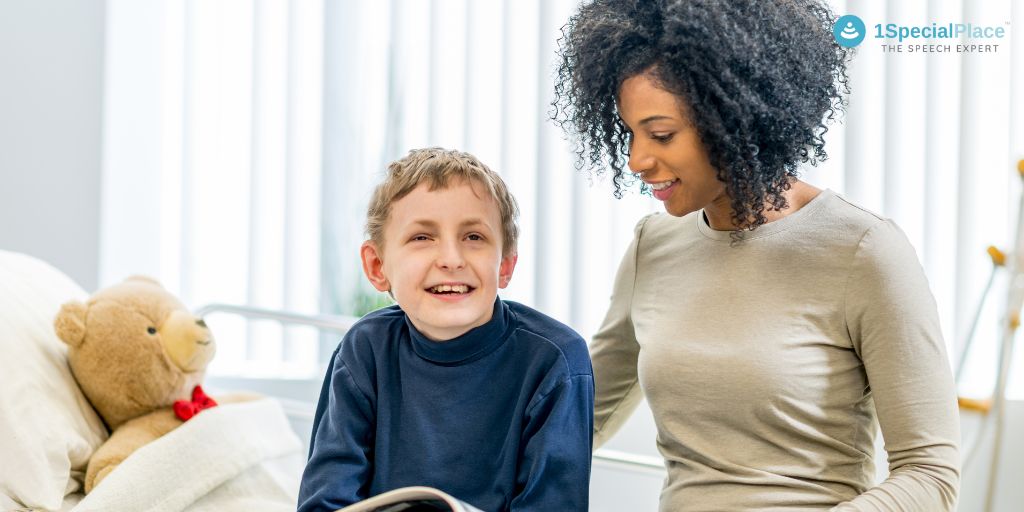
Puberty and Special Needs
Puberty and Special Needs
When we talk about Puberty and special needs, one often thinks about it as a much-dreaded part of being a parent. Talking about Puberty with your child can be awkward and funny too. But if you do it the right way, it does not have to be something that keeps you up at night. Done at the right time and the right place, it can be a great way to teach your children about their bodies in a manner that’s healthy.
Children with special needs might need more time and tools to understand this concept. This can be done easily if you’re creative and patient. One needs to understand the physical and emotional impact of puberty on children with special needs. That is the reason we need to approach this subject with sensitivity and deliberation. Puberty and Special needs.
Tips:
-
Choose the right time and place
When discussing puberty it is important to choose your time and place to have this discussion. Make sure your child is prepared and ready to understand the complexities involved. If you spring it out of nowhere you might scare them. Make sure your discussion happens at a place that is preferably quiet without any distractions.
-
Patience and some more patience
Imagine being your child and going through a myriad of thoughts and concerns when you first learnt about puberty and what to expect. Did you have a lot of questions too? Did you like it when your parent answered each of them patiently? Your child needs the same from you. They will have a lot of questions and doubts. Answer each one patiently and as often as you need to. It is all about patience!
-
Empathy
When talking about changes in the body, it is possible that your child may be scared especially, girls. To reassure your children, you will need to empathize with their fears and assure them that what is happening to them is normal and mommy went through the same changes too. Saying things like, ‘I know this sounds scary but you know I am right here for you’ and ‘I have been through this. All girls/boys go through this’ can help. Empathizing with your child will calm them down and they will feel relaxed.
-
Using the right terms
Usually, when talking about topics related to puberty and sex, parents want to use kid terms and not actual words. But using actual words can only make it easier for your child to understand the right term and the concept. This will also help your children later in life to identify medical issues. Especially for a child with special needs, it can be very confusing to use two different terms for the same thing. Consider the long term effects and act accordingly.
-
Touch sensitization
With puberty, another important thing to consider is the safety of your child. Teaching your child to defend themselves from any harm is something that needs to be done on priority. Talking about good and bad touches and equipping your child with the right tools when they are in danger can really help them. It will also help your child to understand how to behave with others. Often children with special needs do not understand the difference between the opposite sex and maybe curious about them. Talking about touch sensitization will prevent any unwanted accidents.
-
Use the right tools
Sometimes words might not be enough for your child to grasp the concept you are trying to teach them. Therefore, it is helpful to be prepared with the right tools for them. Using anatomical dolls, pictures, flashcards, videos and charts can be an easier way to learn about puberty. Consider how helpful visual aids can be for most children.
-
Provide resources
It is possible that even after explaining everything about puberty to your child, they may want to find out things on their own or may need the space to know more. Provide them with the right resources in the form of books, videos, websites or even a health practitioner they can freely approach.
-
Be Available
Lastly, don’t forget to let your child know that you are always available to answer any questions they may have in the future. Build a safe space so your children can approach you about anything and everything without thinking twice. Be available and non-judgemental. Remember, your child would already feel embarrassed or shy talking about it, if you respond in a way that is accepting and normal, they would feel much more comfortable asking you questions openly.
Book recommendations for puberty and special needs:
- The Girl’s body book by Kelli Dunham
- The Boy’s body book by Kelli Dunham
- When Girls Grow up by Niiyati Shah
- When Boys Grow up by Niiyati Shah
- Celebrate your body (for girls) by Sonya Renee Taylor
- Whats up with me? By Tisca Chopra
- Gulu – The Essential Guide To Puberty For Boys (English) by Menstrupedia
- Effects of Psychotherapy on Parental Stress - November 21, 2023
- Couple’s Therapy: Navigating marital issues as a parent - June 9, 2023
- Talk Therapy for stuttering - May 31, 2023

Leave a Comment
(0 Comments)